If you're reading this, chances are you're researching overseas electives.
You've probably browsed our destinations, you get how our service works, and you understand what you'll experience on your elective placement.
- You don't need to feel nervous about wards like this -
But you've got a lingering doubt — how are you going to get by in an overseas hospital when you can’t speak the language?
An obstacle or an opportunity?
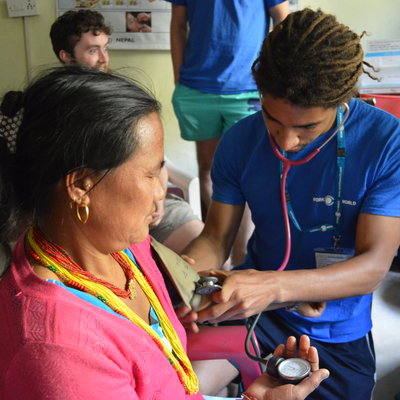
There are two ways to look at this. One way is to see foreign languages as obstacles. The other is to see them opportunities.
If you think about language as a barrier, chances are you'll close yourself off to enriching experiences. But if you think about language as an opportunity, you'll make real connections with local people, and have a more memorable experience for it.
And you're not on your own.
You get support every step of the way
Language Guides
From day one you’ll get access to easy-to-study language guides with accompanying videos. They cover everything you need to know before you go, from everyday words and phrases to specific clinical terminology that will help you in the hospital.

Language Teachers
When you’re in the Work the World house, you’ll have twice-weekly language lessons. We hire experienced language teachers who understand that you need more specific clinical vocabulary.
You’ll learn about local customs and culture in these lessons too—more important than you might realise.
Local, English-Speaking Teams
We only employ local people to host our students at the Work the World house. That said, our in-country management teams speak excellent English.
From chatting with about your day on placement, to providing recommendations of where to get the best coffee in town, our in-country teams are happy to help.
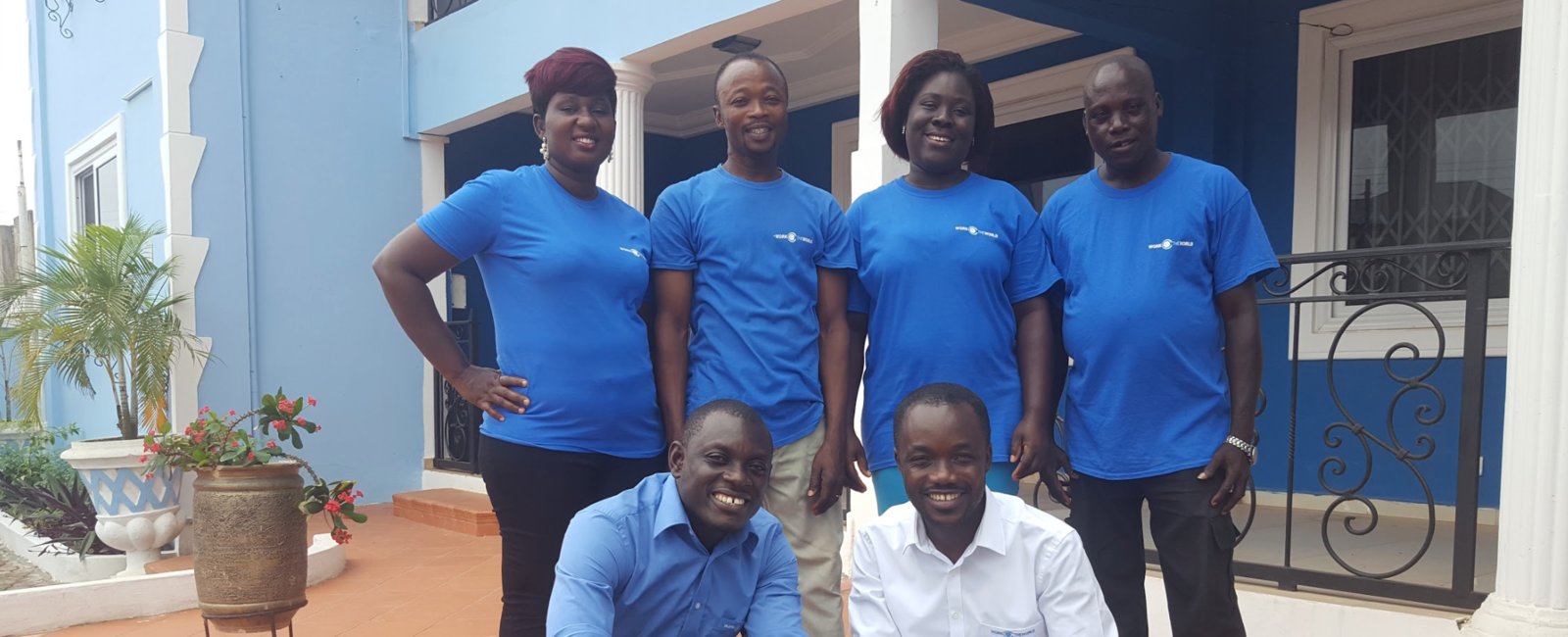
What about while you’re in the hospital?
Levels of English in the Hospital
Depending on which destination you choose, patients in our partner hospitals and clinics might might not speak English. But if you make the effort to learn some of the local language, it won’t matter. You’ll be amazed by how much you can convey and understand using just the basics and some creative gesturing. You'll become a master of non-verbal communication!
Learning a bit of the local language also shows that you’re committed to your placement. Even if you make mistakes, hospital staff will give you a lot of respect for trying. Patients will feel more comfortable too.

What else can you do?
Download all the language apps
Squeeze in some extra learning using free language apps.
Language apps mean you’ve got a digital language teacher at your fingertips.
There’s no excuse for not having enough time! Waiting for the bus? Learn some Swahili. Queueing for a coffee? Brush up on your Spanish.
Duolingo is a great example, but it doesn't have every language. Search the App Store or Google Play Store for the language you want to learn and you'll find what you need.
Watch some TV

A good way to learn a language is through watching TV.
You won’t become fluent by watching Nepalese soap operas. But if you’re burned out from study, just watch a movie in the language you’re trying to learn. A lot of streaming services have this functionality, so they’re not hard to find. This is harder with more obscure languages, but you can find a lot on YouTube (and a bit of clever Googling).
More than anything this helps you with pronunciation and familiarises you with hearing the language.
Download all the podcasts

There are loads of language podcasts out there — too many to list. They’re great when you’re on the go or when you can’t look at your phone. Get your headphones on while you’re at the gym, in the car.
Get on your podcast app and download the ones that work for you.
Practise
Everyone knows that practise makes perfect. But not everyone knows how. Did you know that it’s better to do 15 minutes each day than an hour and 45 minutes all at once? It keeps the language fresh in your mind, and your brain quickly gets used to it.
Little and often will take you much further than you think.

To put it as simply as possible, you have nothing to worry about. As long as you have the right attitude and put in the effort, the fact that you’re not fluent won’t matter. Perspective and intention are everything and staff and patients will read that loud and clear.
If you want to know more about how we help you with language learning — or you just want more info about our elective placements abroad — put your details in the form below and we’ll get back to you.

Browse
Destinations
From chilling on paradise beaches to whitewater rafting, you'll find your dream destination here.
From chilling on paradise beaches to whitewater rafting, you'll find your dream destination here.
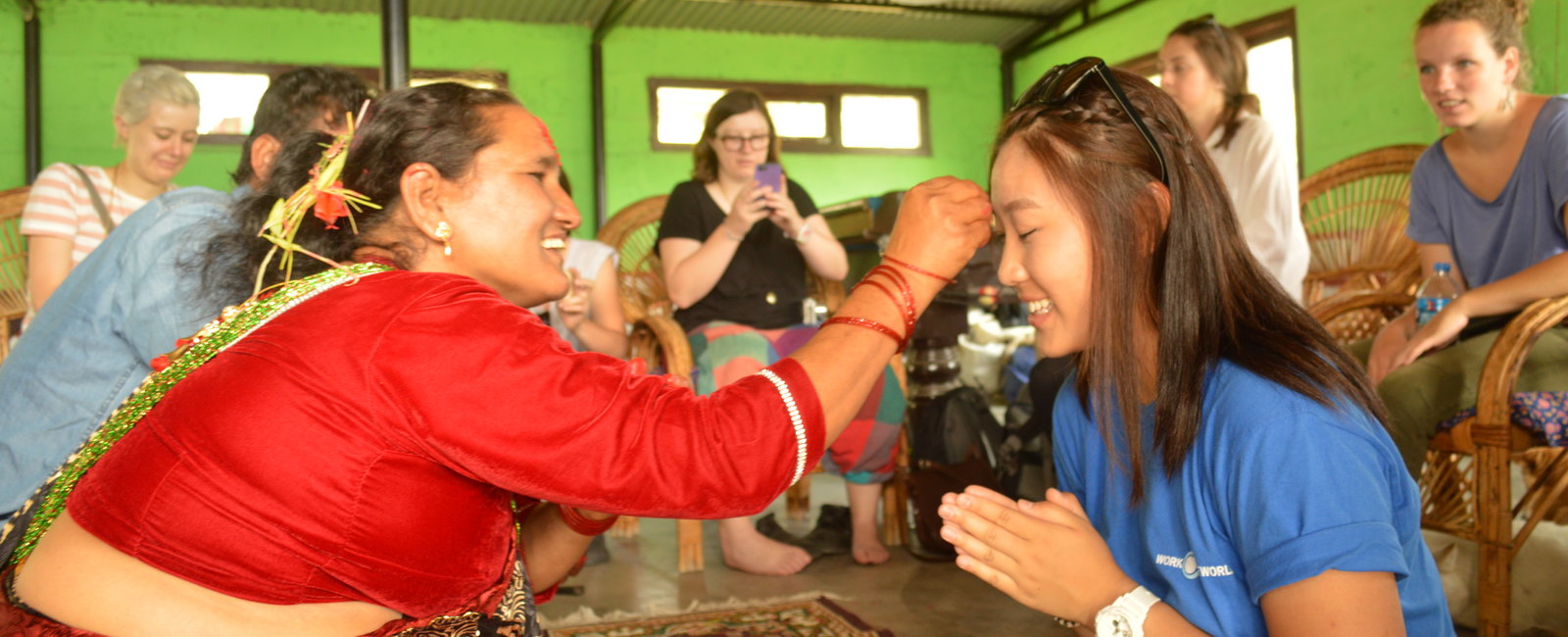
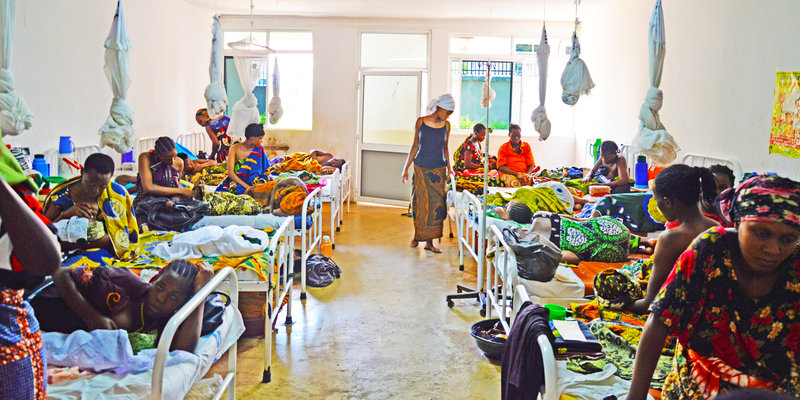
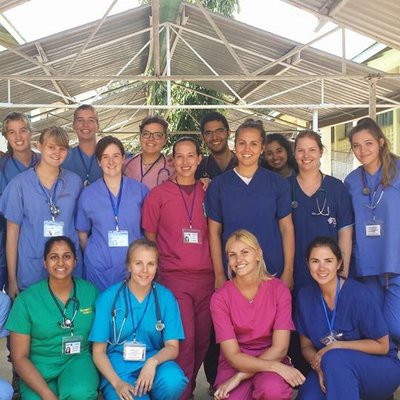
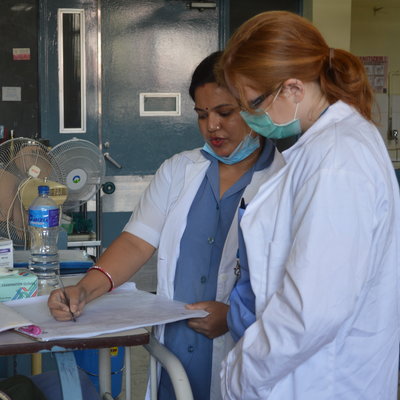
.jpg)





